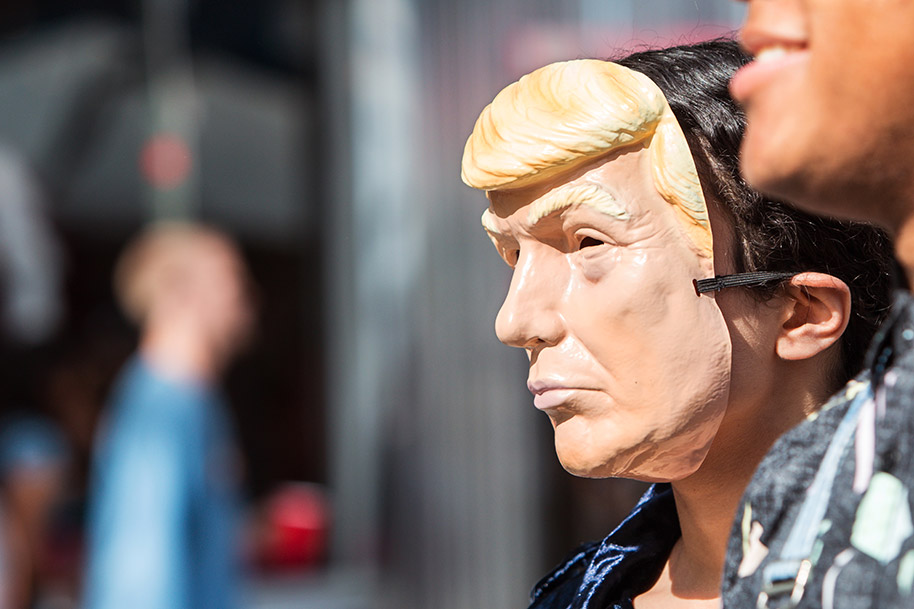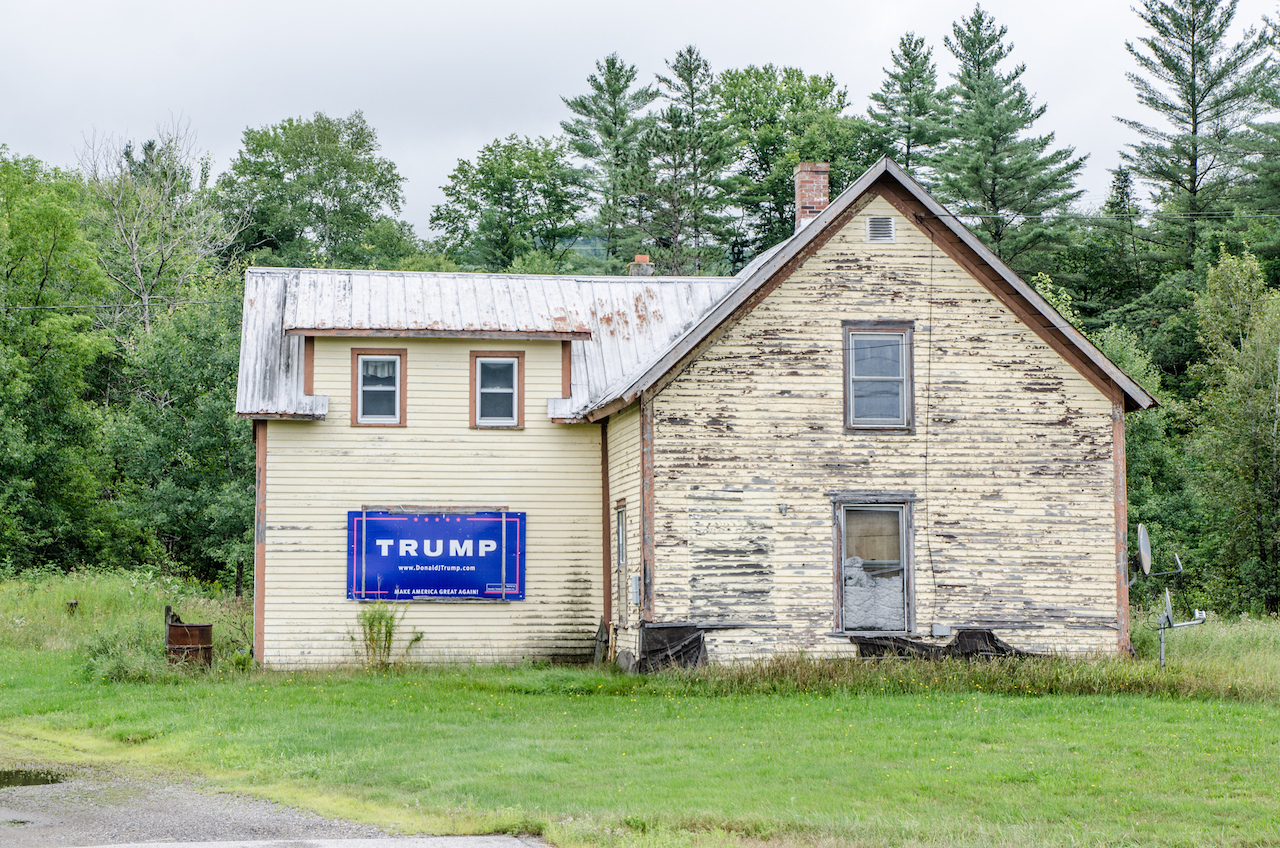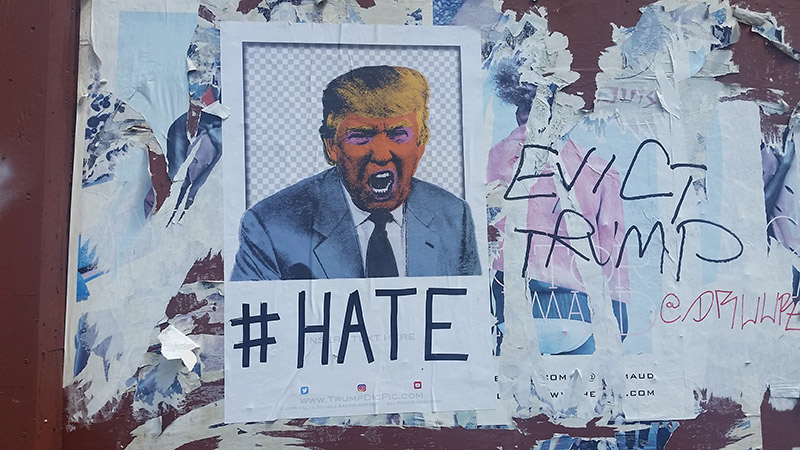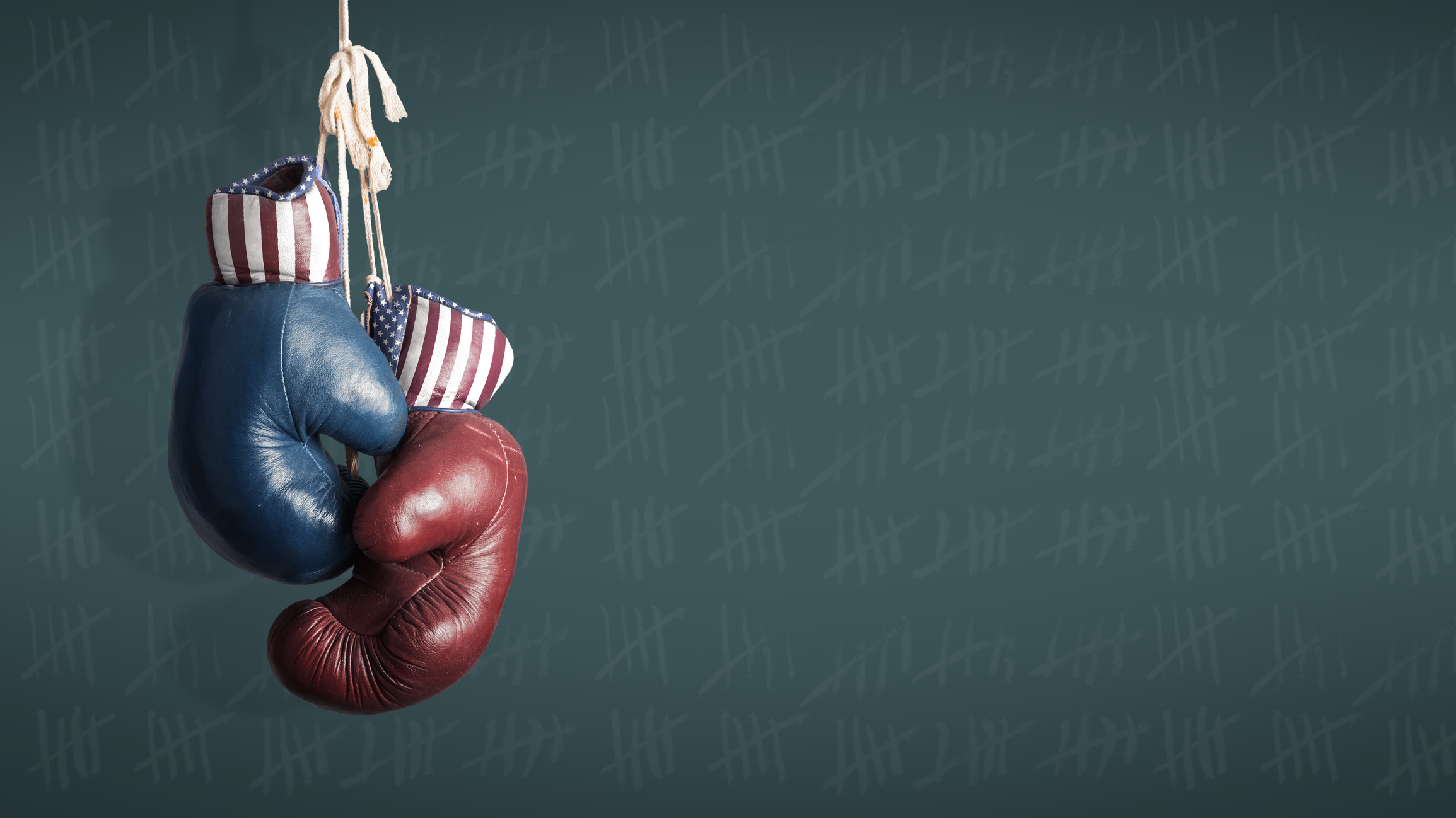Hard and Soft: Competing against the administrative state.
“Bad Men” and the “Better Angels of Our Nature”
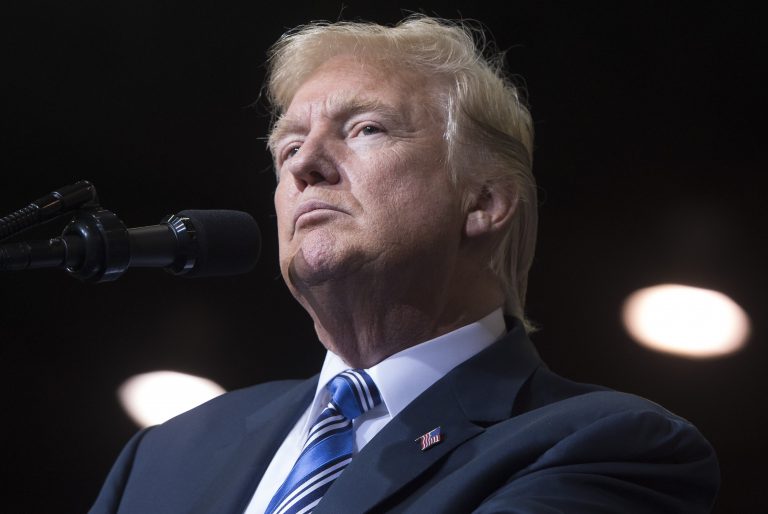
The substance of Trump's Constitutional vices.
To readers of the New York Packet, Alexander Hamilton’s Publius justified the proposed Constitution’s Electoral College as guaranteeing “a moral certainty, that the office of President will never fall to the lot of any man who is not in an eminent degree endowed with the requisite qualifications.” Unlike in state elections, Publius claimed, the presidency would not fall to men with “[t]alents for low intrigue, and the little arts of popularity” and “[i]t will not be too strong to say, that there will be a constant probability of seeing the station filled by characters pre-eminent for ability and virtue.”
Well, that was the theory, at least.
However much we might wish that history proved Publius’s Federalist 68 predictions correct, experience suggests otherwise. And not just because of Donald Trump. Well before 2016, America elected to the presidency other unvirtuous men like Bill Clinton; and other demagogues, like Andrew Jackson. Donald Trump might be the first president to campaign for president by flaunting his moral shortcomings, but he is not the first with moral shortcomings per se.
In constitutional terms, what does this mean? After all, Hamilton’s co-author, James Madison, reminded us that our Constitution is designed to rely not just on good men, but on the sound structure of separated powers, precisely because “[e]nlightened statesmen will not always be at the helm.”
Charles Kesler reiterates that point in his essay, “Thinking About Trump.” “[T]he inability of moral virtue to rule the world is an old discovery,” he writes, one “understood by none more profoundly than by the truly magnanimous statesmen like Lincoln who were keenly aware of the rarity of their greatness and goodness.”
And besides, Kesler adds, sometimes bad men can “do good by the public.” Indeed, the Constitution was framed to help transform at least some private vices into a public benefit: our Constitution’s strict limitation and separation of powers can work when “ambition [is] made to counteract ambition.” So yes, we mustn’t assume that our constitutional system cannot tolerate the election of unvirtuous men.
But assuming that our constitutional system doesn’t require any virtue is an error, I think, that Kesler makes when he suggests that the only vices to guard against, in choosing presidents, are those of “tyranny, or treason, or bestial depths of viciousness, or psychological or mental incapacity.” This sets the bar dangerously low.
Kesler observes that, in thinking about what “bad men” might do in office, “a lot depends on what ‘bad men’ actually means.” There are many possible answers to this question; let me suggest a few:
Bad men mock the rule of law, rather than vindicating it.
Bad men see law as a tool for punishing opponents, rather than a public trust to be administered neutrally and dispassionately.
Bad men incite crowds to physically assault dissenters in their midst, rather than tolerating dissent.
Bad men encourage police to physically assault people in their custody, rather than showing mercy.
Bad men seek to inflame racial animosity, rather than alleviating it.
Bad men sow conspiracy theories (sometimes even with racial undertones), rather than seeking truth.
Bad men attack and counterattack their opponents with reflexive cruelty, rather than with self-restraint.
Bad men attack institutions to reduce limits on their power, rather than respect the wisdom and work that built those institutions.
Of course, I don’t choose these at random. They are among Trump’s most prominent vices — and not merely the occasional lapses which anyone might commit, but a sustained course of conduct for which the president shows no signs of apologizing or altering. But more importantly, these are vices that corrode the trust, self-restraint, and goodwill that are indispensable for sustaining a democratic republic.
And the Framers knew this. Yes, our Constitution was written to befit men who are not angels. But that doesn’t free us to be devilish. When Madison conceded in Federalist 55 that “there is a degree of depravity in mankind which requires a certain degree of circumspection and distrust,” he then took care to add that “so there are other qualities in human nature which justify a certain portion of esteem and confidence.”
And, he continued, those latter estimable qualities are not just valuable to our constitutional republic — they are indispensable to it. “Republican government presupposes the existence of these qualities in a higher degree than any other form,” Madison urged. By this he meant that our government must be one in which virtue, on the whole, predominates among our elected officials. And this, in turn, requires a virtuous citizenry—or at least a citizenry that elects enough virtuous officeholders.
Which is why President Trump’s particular vices are so worrisome. If he were simply an adulterer or a hothead or a drunk — vices that Kesler identifies among Presidents Jackson, Grant, Cleveland, and Clinton, along with Gouverneur Morris and even Rev. Martin Luther King, Jr. — then there would be much less cause for concern. But Trump’s vices are profoundly different: his vices are not merely private, and they are directed relentlessly toward inflaming public passions and sowing discord among different parts of our society. They are vices that push the people toward (again in Madison’s words) “destroying and devouring one another.”
So I think Kesler errs when he suggests that “the test of practical good should be: will bad or flawed men cooperate in delivering sound public policy . . . regardless of their moral and intellectual failings?” I prefer Hamilton, who wrote not once but twice in The Federalist that “the true test of a good government is its aptitude and tendency to produce a good administration.”
Hamilton’s standard may sound similar to Kesler’s, but there is a crucial, subtle difference. Kesler would judge a president by the specific policy fruits of his administration. Hamilton takes the longer view, looking for characteristics that ultimately prove their “aptitude and tendency” to produce good government — which is to say, Hamilton looks past a single presidency’s happenstance, and looks instead for the virtues and habits that produce the best government in the long run. We cannot judge virtue’s importance by reference to a temporary president; rather, we must judge each temporary president by reference to timeless virtues and the wisdom earned through national experience.
The best educator on these points is, ultimately, Lincoln. Kesler counts him among “the truly magnanimous statesmen,” and so do I. Lincoln’s magnanimity is seen, famously, in his first inaugural address, urging on the eve of our Civil War that the North and South “are not enemies, but friends. We must not be enemies. Though passion may have strained it must not break our bonds of affection.”
And then Lincoln closed by appealing not, say, to the ambition that counteracts ambition, but to “the better angels of our nature.”
There is a vast difference between Lincoln’s rhetoric and Trump’s rhetoric — and, for that matter, the rhetoric of the “Flight 93 Election” essay (noted by Kesler at the outset), which analogized progressive Americans to terrorists — not fellow countrymen with whom we (profoundly) disagree, but foreign enemies bent on killing our country.
The difference is not merely one of style. It goes to the very heart of our Constitution, and our ability to sustain it.
The American Mind presents a range of perspectives. Views are writers’ own and do not necessarily represent those of The Claremont Institute.
The American Mind is a publication of the Claremont Institute, a non-profit 501(c)(3) organization, dedicated to restoring the principles of the American Founding to their rightful, preeminent authority in our national life. Interested in supporting our work? Gifts to the Claremont Institute are tax-deductible.
Breaking Bad: What David Azerrad Gets Wrong about Trump and Manliness.
In Search of Populism: The ruling class ignored the people; the people struck back.
Kesler's "Thinking About Trump" essay explained then why the NeverTrump right is finished now.
Breaking Bad: The kindler, gentler days are over.
American Greatness and the Claremont Institute are leading a renaissance on the Right.


